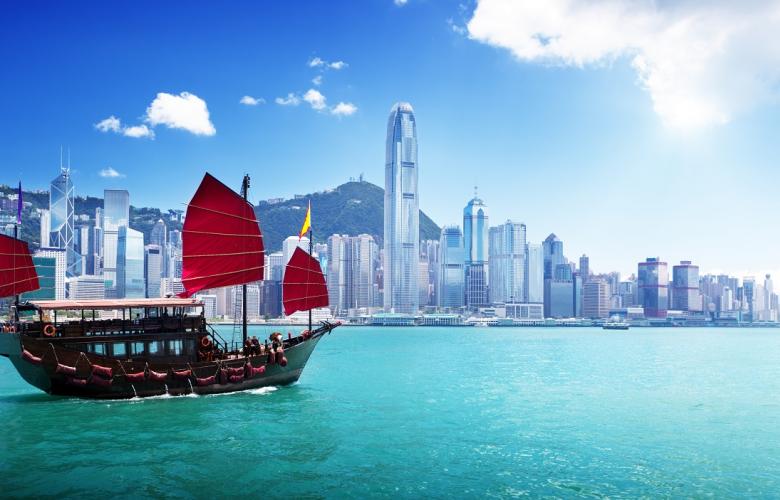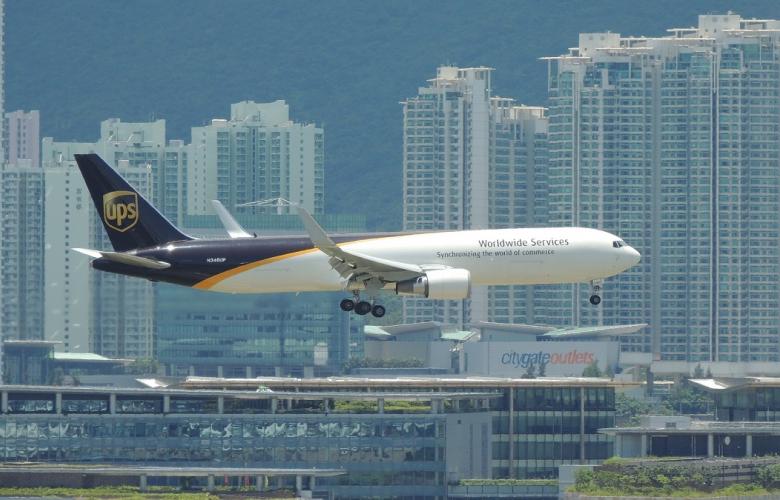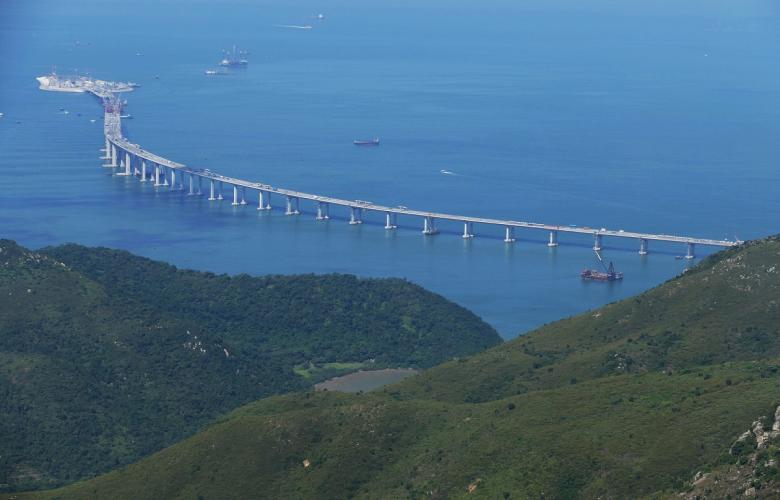Hong Kong's current crisis could make almost anyone despair for the Special Administrative Region's future as a business and finance hub. I, however, am optimistic for three reasons.
First, present troubles aside, the governments in Beijing and Hong Kong have managed the economy carefully and with great success since China took the city back from the United Kingdom. Shared prosperity is likely to be a key element of any solution to the current crisis.
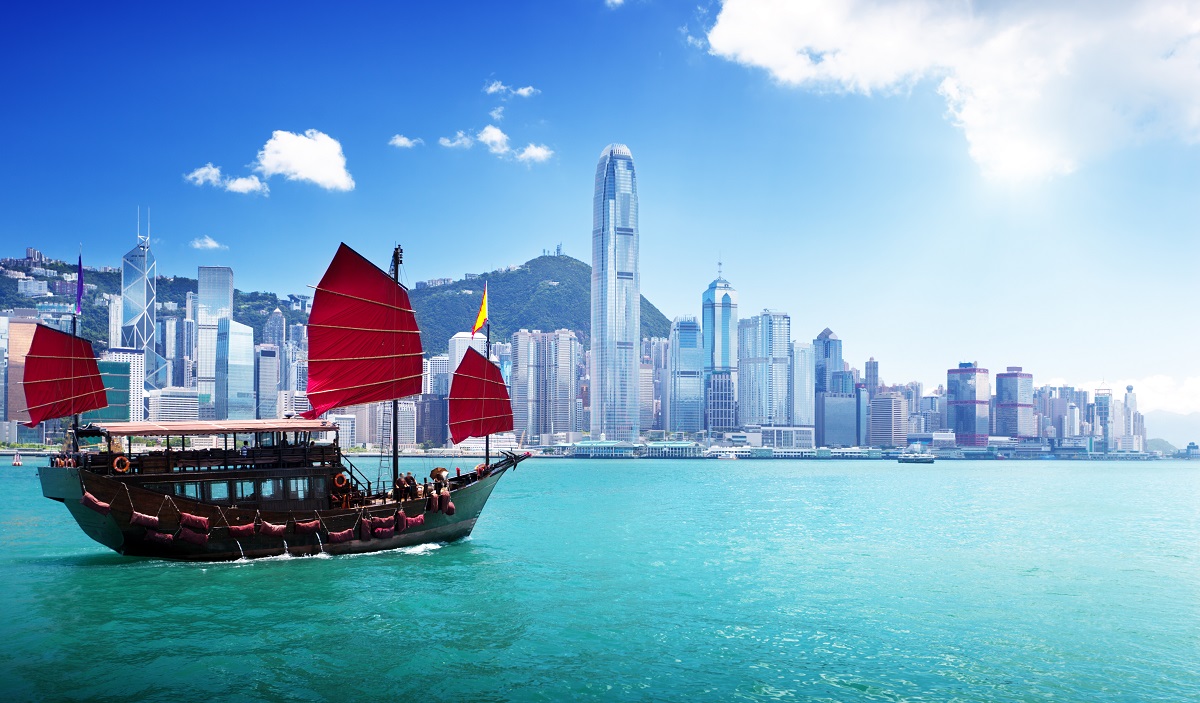
Hong Kong, China - Deposit Photos
The city that held 6.5 million souls in 1997 now holds 7.4 million. And while it was already a trading and manufacturing hot spot back then, Hong Kong today is a global leader. Its gross domestic product has doubled in size since 1997.
That growth came in spite of the rebuffs delivered by the Asian Financial Crisis, Global Financial Crisis, and the 2003 SARS outbreak.
The second advantage that favours Hong Kong is its excellent infrastructure. In developed Western countries like the US, Germany, and Australia, we can only marvel at the public investments in Hong Kong and the surrounding region. Their size and ambition make our own investments look puny by comparison. The resulting impact on the city's life and economy are huge and will further grow with time.
Transport has always been vital to economic development. Think of how the Tube transformed London, and the subway made greater New York City possible.
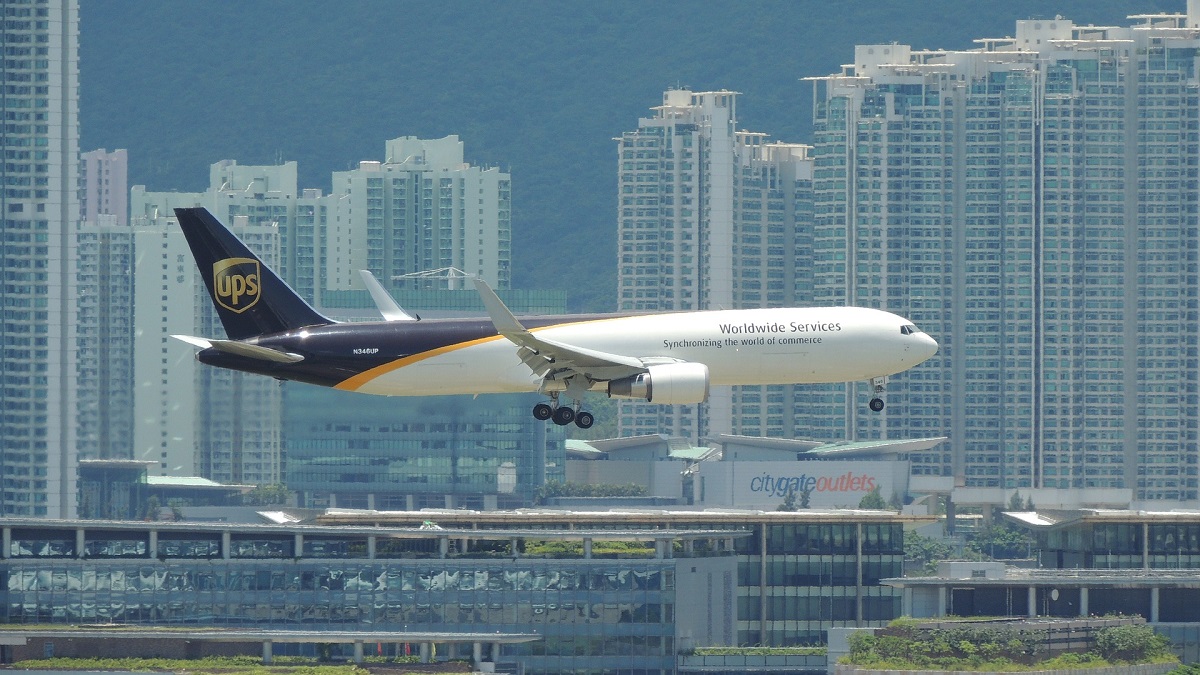
Andy Leung via Pixabay
In Hong Kong, the airport is truly one of the world's best. It is the busiest cargo gateway on Earth and the eighth busiest passenger airports. The Airport Express train makes the airport train in other cities — like the AirTrain to JFK in New York City and the Airport Link in Sydney — look amateurish by comparison.
Once you are in Hong Kong, your life is made easy due to an abundance of buses, trains, ferries, trams, and taxis. The MTR is ridiculously fast, clean, and frequent.
While the Hong Kong-Zhuhai-Macao Bridge has not yet lived up to its full potential, no one can doubt the symbolism it carries. This US$20 billion, 55-kilometre bridge is the longest sea-spanning structure in the world. It is hard, concrete proof of the role that cross border ties have played in the city's success.
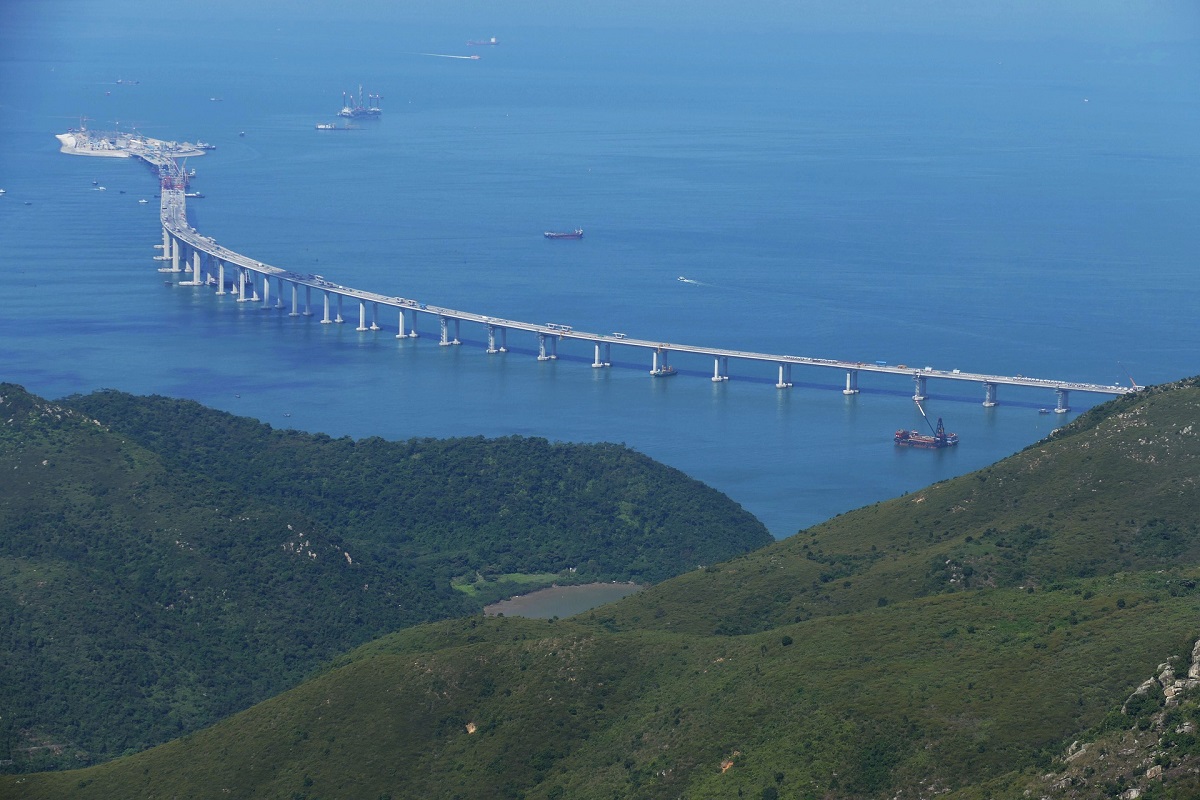
falco via pixabay
That brings me to the third reason for my optimism about Hong Kong. The separate territories of Hong Kong, Macau, and Guangdong are welding themselves into a single, integrated whole known as the Greater Bay Area.
The Greater Bay Area already encompasses 11 cities, 56,000 square kilometres of territory, 71 million people, and a US$1.6 trillion GDP. Beijing is working hard to realize its aspiration of making the region into an integrated financial and technological leviathan that rivals Silicon Valley by 2035.
The Greater Bay Area offers other advantages to Hong Kong. It helps solve the city's shortage of space for everything from new manufacturing districts to new affordable housing. New infrastructure like the Shenzhen-Zhongshan Bridge and the Shenzhen-Maoming Railway will have a transformative impact. It will help turn a divided region into a unified powerhouse.
Already, three-quarters of a million people cross the border each day between Shenzhen and Hong Kong. The government hopes to ultimately reduce the travelling time between the Area's major cities to one hour or less. By improving the physical links between Hong Kong and Macao, Shenzhen and Guangzhou, the new infrastructure is creating a mega money-making and innovation machine.
This regional integration will create new opportunities for people in Hong Kong. Its role in the GBA is that of a core city that is especially good at high-level financial, trade, education, and professional services. It is a centre for technological innovation.
Guangdong has achieved its current success thanks in part to nearby to Hong Kong. Meanwhile, Hong Kong owes much of its growth to its ties to Guangdong and the mainland.
For all of today's angst and uncertainty, Hong Kongers are uniquely well-placed to benefit from the new opportunities. Due to the city's unique heritage, Hong Kong's citizenry has the advantage when it comes to working with both mainland and international companies. The workers and entrepreneurs of Hong Kong are unique in the world because they draw on the best of China and the West.
I will not speculate on the causes or the possible solutions to Hong Kong's current crisis. I do have faith that a solution will be found. Hong Kong's best days as a business centre and a global capital are ahead of it.
Written by Georg Chmiel, Executive Chairman of Juwai and Chairman of iCar Asia (ASX: ICQ).
See also:
Country retreat meets Mediterranean feel in Hong Kong home for sale
Townhouse rentals increase while Millennials favour Kowloon
Thomas Chak has joined Colliers as Executive Director of Capital Markets and Investment Services (CMIS)




